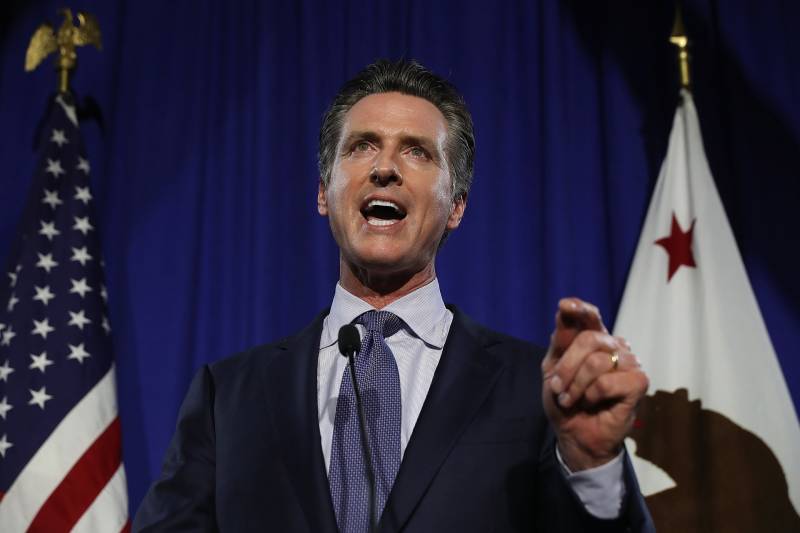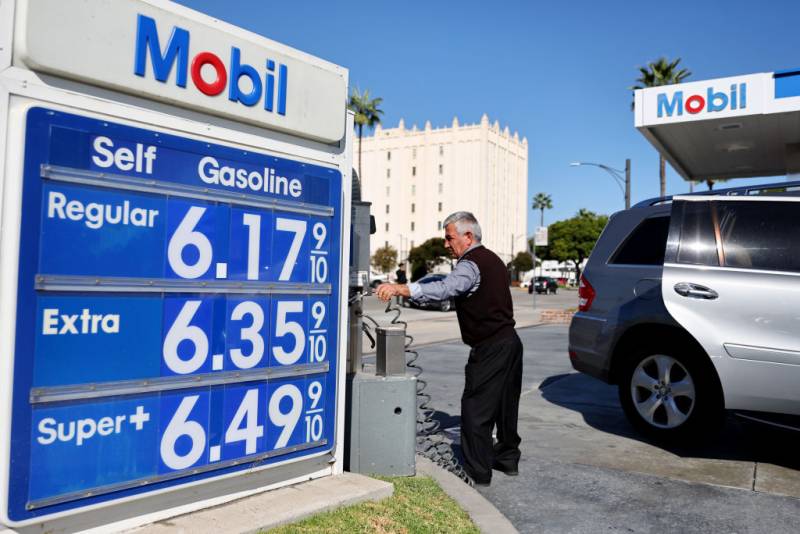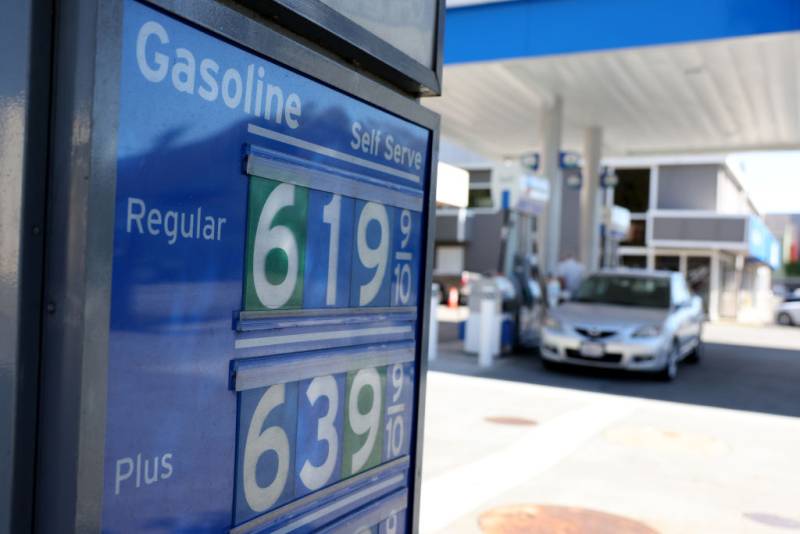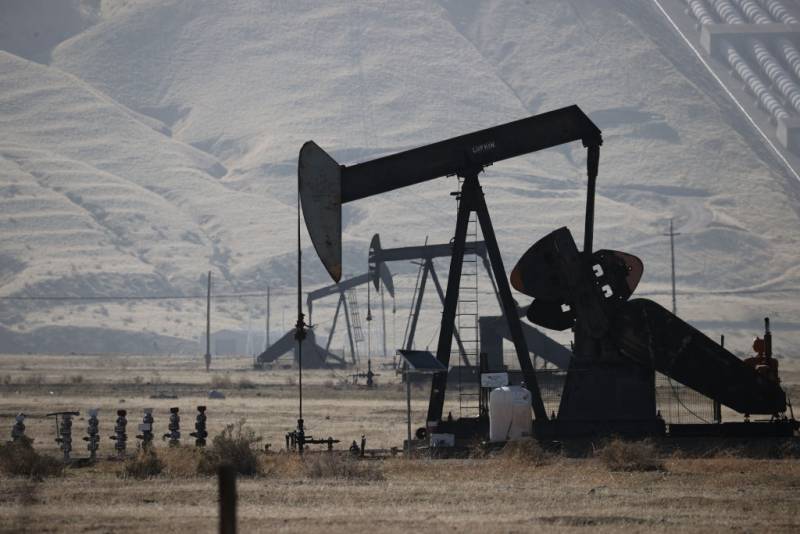The new class of California lawmakers being sworn in today is being asked to tackle a problem stymieing the world: how to rein in the price of gasoline, which soared to record highs here this fall.
But there’s little agreement on how — or whether — policymakers can actually drive down the cost of fuel. Many experts are skeptical of Gov. Gavin Newsom’s plan to do so by imposing a windfall penalty on oil profits.
Newsom first called for a windfall profit tax in September, as gas prices spiked and oil company profits also soared. Last week, he officially called a special session of the Legislature, asking lawmakers to return to work before their January session and consider what he’s now calling a profit penalty, not a tax. He also wants lawmakers to help craft legislation to give state regulators more power to review and evaluate oil company profits and pricing, along with more oversight of the refinery process.

Those proposals, he says, will ease pain at the pump for consumers.
“They’re ripping you off. They’re ripping every one of us off,” Newsom said at KQED’s gubernatorial debate in late October. “And we’re going after these companies and we’re getting serious about the stress and pain Californians are facing.”
‘Oil money has become toxic’
Oil companies saw the writing on the wall long before the governor’s call for action. They pumped more than $8 million into legislative races this cycle, in an apparent effort to elect more oil-friendly lawmakers. Much of that money was used not to back traditionally sympathetic Republicans, but to prop up Democrats they see as more moderate and more open to industry concerns than their progressive Democratic opponents.
Doug Morrow, who does opposition research on behalf of progressive Democrats, said he’s seen oil companies become more and more active in Democratic politics since the state passed its first landmark climate change law in 2006.
“As California’s become a bluer and bluer state and there are more and more Dem-versus-Dem general races, the business community … and specifically the oil industry, has focused more and more on electing moderate Democrats to the Democratic majority,” he said, noting that in many California districts, Republicans simply cannot win.
“Those seats are no longer in their game plan. So they go into Dem-versus-Dem seats and try to find the most moderate candidate to represent or protect their interests as possible,” Morrow said.

But Big Oil isn’t giving that money directly to candidates, as many within the Democratic Party have pledged not to take fossil fuel donations; instead, the industry, through political action committees, pumps millions of dollars into TV ads, mailers and other campaign expenses. Those are considered independent expenditures, and PACs are legally prohibited from coordinating with a candidate’s campaign.
Whether their multi-million dollar bet will pay off remains to be seen. Take the biggest spender this cycle: “The Coalition to Restore California’s Middle Class, Including Energy Companies Who Produce Gas, Oil, Jobs and Pay Taxes.”
Funded by Valero, Chevron, Marathon Petroleum and Phillips 66, that PAC directly spent $5 million in eight races this fall, and lost in just two of them — not a bad record.
But even when a PAC’s candidates win, there’s no guarantee they will do oil’s bidding in Sacramento. Take the costliest race of this cycle — a Senate contest in Sacramento between two Democrats, where the Coalition poured $1.6 million into backing Angelique Ashby, who ultimately won.
Ashby, however, signed the “no fossil fuel” pledge, denounced the spending on her behalf, and promised to work with Newsom on his windfall profit proposal.


